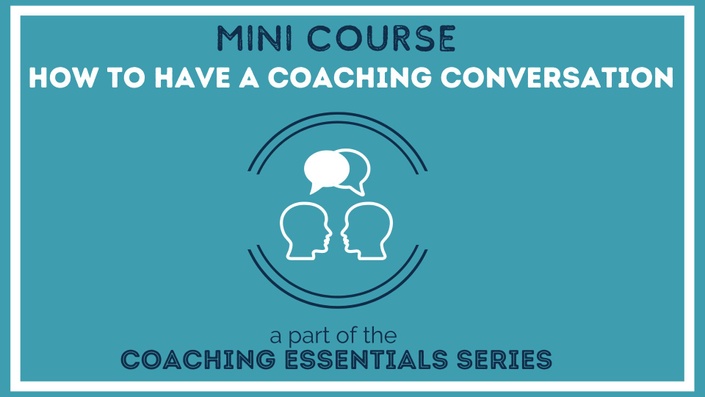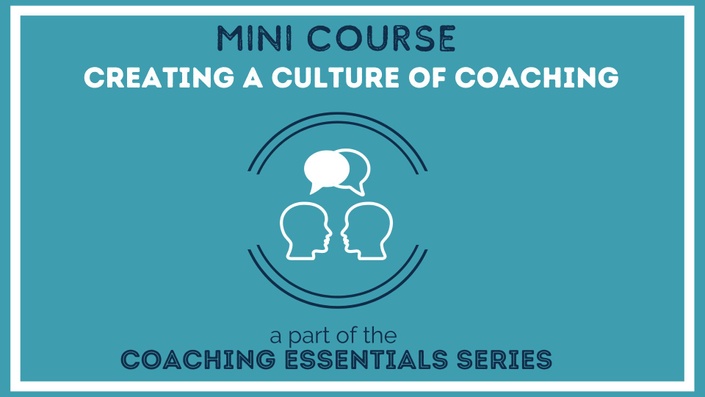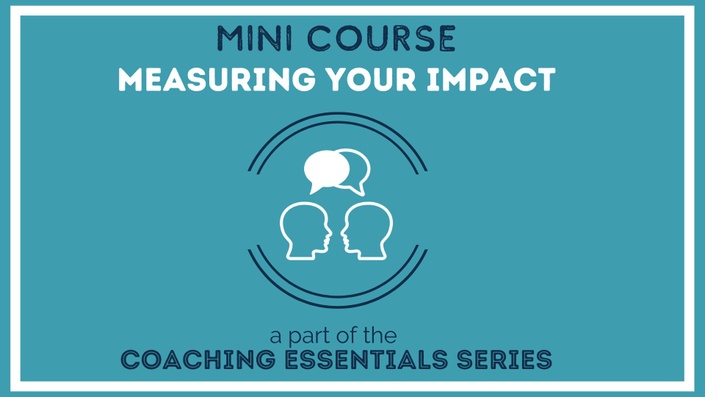Why you need this course!
It’s our responsibility to work with everyone. So, how do you bring coaching to those that don’t express an interest at the outset?
No matter how many people are in your coaching portfolio, it’s likely that there will be some who are eager to work with you, and others, not so much.
This is because in this sense, coaching may represent change.
Whether it’s the change of the instructional practices you are bringing, or the change of becoming reflective practitioners, or the change of inviting others into classrooms.
At many levels, coaching is synonymous with change.
This mini-course focuses on two key theories about change management that will ensure you are able to leverage your work with individuals, to working with many!
Learning Outcomes
By the end of this course, you will …
- understand change management theory and how it applies to coaching.
- recognize the ways that you can use the stages of customer awareness to communicate your role as a coach.
- apply a variety of strategies to leverage your work with individuals, to work with many.
How long does the course take?
Designed to be completed in a weekend, this course will take approximately 1-3 hours
Who is this course for?
This course is designed for current coaches who want to build momentum around coaching in their school community. If you're looking to scale your coaching practice from working with individuals to working with teams and groups, this course is for you!
All resources for the course are online.
Example Curriculum
Hi! I'm Kim.
After working as a coach in international schools for over 15 years – in Germany, Malaysia, Thailand and Japan, I started Eduro Learning to support schools and coaches in building a thriving coaching culture.
I have been working with instructional coaches, and school leaders, in schools around the world since 2015.
Even though each school context is different, all of them have the same problem: a weak foundation for coaching, including a lack of consistency across schools, so the problem arises again when they move to a new school.
What often happens in international schools is schools hire coaches, usually because another school in the region did it first (or because they want to be the first in the region), without clear definitions, standards of practice or expectation for the role and the program.
After being hired, the coach grows increasingly frustrated over three to four years due to this lack of understanding of the role at all levels, combined with little to no PD for the coach, leading to a resignation. Then, the position is not rehired, because school leadership (who may have also transitioned during this period) don’t see the value in the position, and then the cycle repeats itself several years later.
Don’t let this happen at your school! I can help you build the foundations of a thriving and sustainable coaching culture – as an educator, a coach or a school leader!

More Courses for Instructional Coaches
Build your coaching toolkit with our coaching essentials series!



